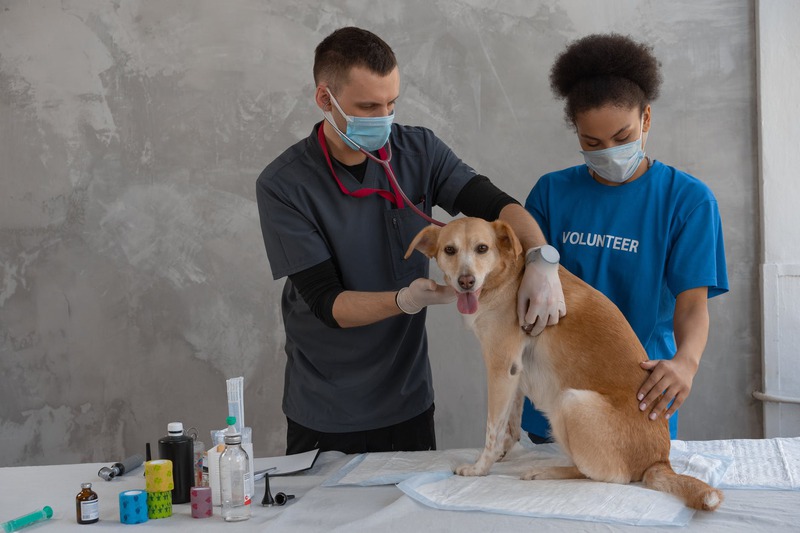Sleep apnea is a prevalent breathing disorder that affects adults and children, resulting in interrupted breathing during sleep. While it is usually associated with daytime fatigue and snoring, It can also adversely affect your child’s dental health.
Sleep apnea is a cause of several dental issues that may threaten your child’s oral health and development, ranging from the misalignment of their teeth to delayed eruption.
Sleep Apnea and Oral Health
Let’s look at how sleep apnea may affect children’s dental health, what dental role dentists play in diagnosing and treating it, and why regular dental check-ups are crucial to ensuring good oral health among kids.
Impact of Sleep Apnea on Children’s Dental Health
- MalocclusionSleep sleep apnea may cause misalignment or malocclusion of teeth. When children experience sleep apnea, their breathing becomes affected, and they can clench or grind their teeth when they sleep. This alters how teeth are positioned, making malocclusions that can result in difficulties chewing and biting and speech problems, headaches, and jaw pain.
- Delayed Teeth Eruption: Sleep breathing disturbances could lead to delayed tooth eruption. When breathing patterns change during sleep, the body creates less growth hormone for developing teeth and bones, causing delays in teeth eruption. This can seriously affect a child’s bite and general dental health issues.
- Dry Mouth and Gum Disease: Sleep apnea can lead to gum disease. When a child has sleep apnea or breathing problems, their breathing can be impaired, and they can breathe through their mouth instead of their nose. The mouth-breathing process can cause dry mouth, which lowers the saliva produced in the mouth. Saliva is essential for keeping the mouth clean and healthy; bacteria can thrive and cause gum disease without sufficient.
- Tooth Grinding Children suffering from sleep apnea tend to grind their teeth at night, known as bruxism. Grinding can cause wear and tear, resulting in the loss of teeth or sensitive ones.
Sleep apnea in children needs to be detected at an early age. Signs include snoring, gasping, or crying during sleep, restlessness, and tiredness during the daytime. If your child has sleep apnea, it is essential to talk to a dentist or pediatrician as soon as possible so they can recommend a further examination by a sleep specialist. You can read articles and blog posts about treating these sleep disorders and the method and procedures needed for their treatment.
Role of Dentists in Sleep Apnea
- Dentists play a crucial role in diagnosing and treating sleep apnea in children.
- Regular dental examinations that include comprehensive endodontic therapy can give your dentist signs of malocclusion, delayed tooth eruption, or any other dental issues that may suggest sleep apnea.
- Perhaps your child has been found to have sleep apnea. In that case, their dentist will work alongside their physician and sleep specialist to devise an effective treatment plan, which could involve constant positive pressure (CPAP) machines or oral appliances designed to keep the airways open during sleep.
Importance of Regular Dental Check-Ups
- Regular dental exams for kids are necessary to ensure good oral health.
- Dental exams can stop gum disease, dental cavities, and various dental problems from forming.
- Your dentist can provide advice on the proper flossing and brushing methods.
- Your dentist may suggest treatment with sealants or fluoride to ensure your child’s dental health from decay.
Conclusion
Sleep apnea seriously affects your child’s dental health, including malocclusion, delayed tooth eruption, dry mouth, and tooth grinding. Parents must know the signs in their children and consult their pediatric dentist or dentist if this is the case.
Treatment of sleep apnea early in children can avoid problems in the long term and promote overall good development and health. Be sure to schedule regular dental check-ups if any issues arise early on.





